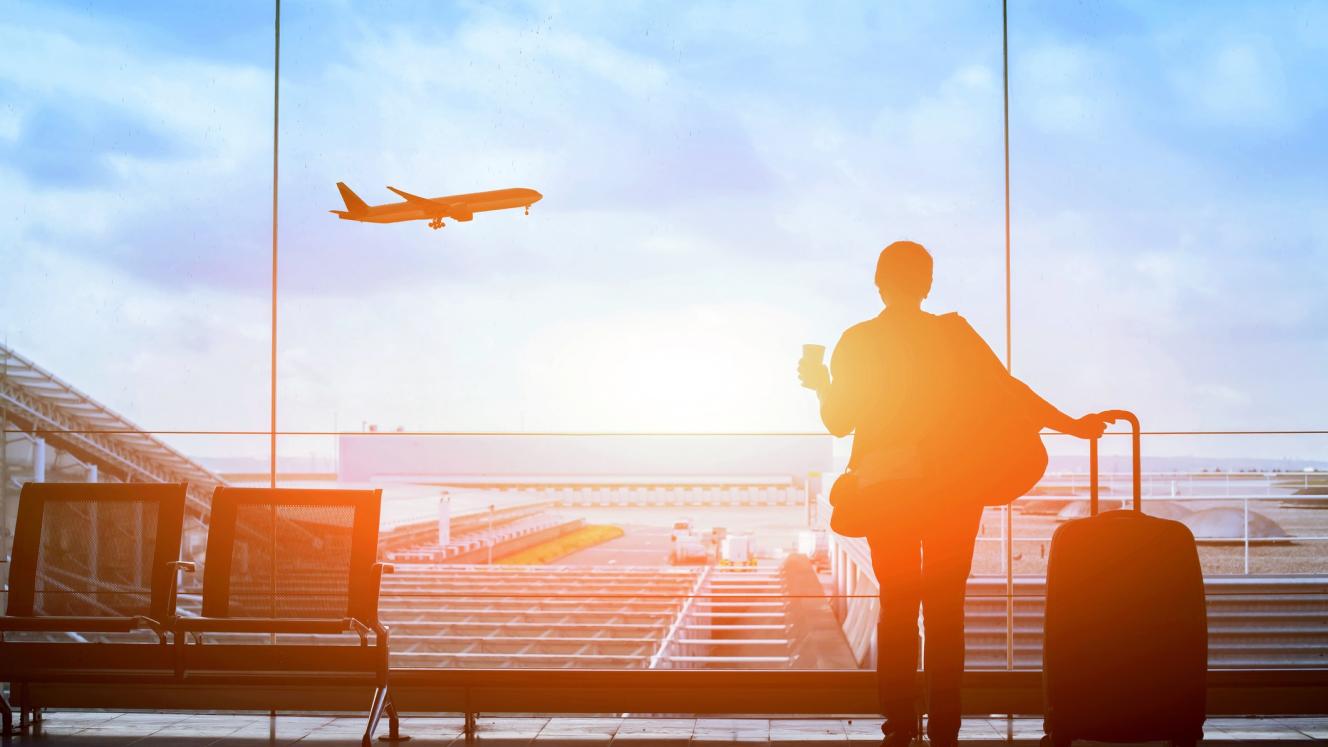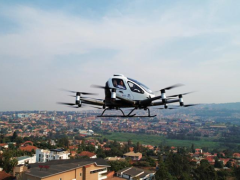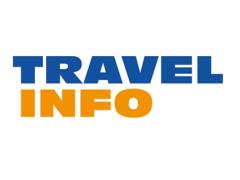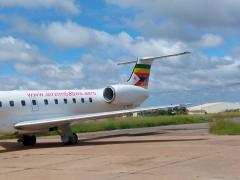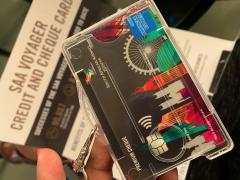Iata has developed industry standards that will bring travellers who are arriving at airports ready to fly one step closer to reality.
The association’s new report, Recommended Practice on Digitalisation of Admissibility, aims to help travellers to digitally prove admissibility at the airport, avoiding a stop at the check-in desk or boarding gate for document checks.
Airlines are now working with Iata to digitalise the passenger experience at airports with contactless biometric processes under an initiative called One ID.
Programmes are already in use at various airports that enable travellers to move through airport processes such as boarding without producing paper documentation because their boarding pass is linked to a biometric identifier. But in many cases, travellers still have to prove their admissibility at a check-in desk or boarding gate with physical checks of paper documentation such as passports, visas and health credentials.
The Digitalisation of Admissibility standard is aimed at travellers avoiding all on-airport document checks by sharing the ‘OK to Fly’ status with their airline.
“Passengers want technology to make travel simpler. By enabling passengers to prove their admissibility to their airline before they get to the airport, we are taking a major step forward. The recent Iata Global Passenger survey found that 83% of travellers were willing to share immigration information for expedited processing,” says Nick Careen, Senior VP for Operations, Safety and Security.
“That is why we are confident this will be a popular option for travellers when it is implemented. And there is good incentive for airlines and governments as well, with improved data quality, streamlined resourcing requirements and identification of admissibility issues before passengers get to the airport.”
Iata says in the future, agents can let travellers know that they will be able to create a digital identity using their airline app on their smartphone and send proof of all required documentation to destination authorities ahead of travel. They can then receive a digital ‘approval of admissibility’ on their digital identity or passport app to share with the airline.
“Travellers can be confident that this process will be both convenient and secure. A key point is that information is shared on a need-to-know basis. While a government may request detailed personal information to issue a visa, the only information that will be shared with the airline is that the traveller has a visa and under which conditions,” says Louise Cole, Head Customer Experience and Facilitation.
Iata’s Timatic offering is helping deliver its One ID vision with trusted entry requirement information for airlines and travellers.
